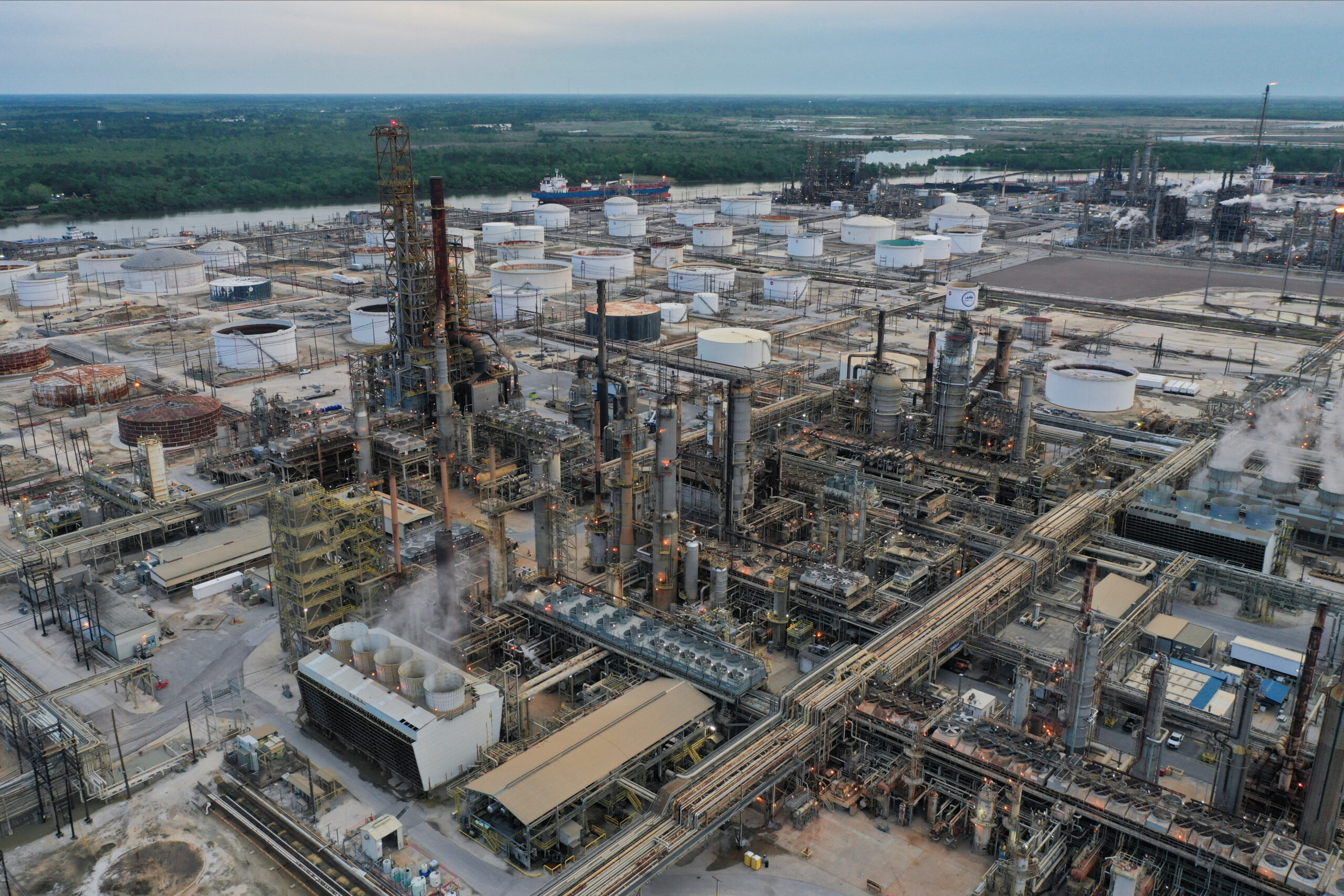The Nigerian oil industry has had a roller coaster of a year.
In January, Shell announced that it would be exiting the West African nation’s onshore oil industry after nearly a century of operations as a result of unstable and unsavory operational conditions.
British supermajor Shell is just the latest western company to pull out of Nigeria’s oil industry, which now finds itself in rapid decline.
At the same time, however, Nigeria is getting ready to open up one of the world’s largest oil refineries with the potential to be a major player in global oil markets.
Nigeria’s oil sector has been plagued with troubles for years now, pushing major oil interests to pull out of the oil rich nation. According to reporting from the U.S. News & World Report, Shell’s decision to sell off its Nigerian subsidiary for $2.4 billion was due to the fact that the company “has struggled for years with hundreds of onshore oil spills as a result of theft, sabotage and operational issues that led to costly repairs and high-profile lawsuits.” Shell’s decision to pull out of Nigeria comes on the heels of similar decisions from Houston-based Exxon Mobil, Italy’s Eni and Norway’s Equinor.
In the wake of the West’s exodus from the Nigerian oil sector, the industry remains in a state of heightened flux and uncertainty. The country’s energy landscape, which includes the 11th largest proven oil reserves in the world (just behind the United States), “has grappled with poor governance, weak institutions, deteriorating security conditions, spiraling economic decline, and uninspired leadership” according to an analysis from the Center for Strategic & International Studies.
The weakening of Nigeria’s oil production capacity also comes at a time that the nation is preparing to bring the massive Dangote refinery online. Once the plant is up and running at full capacity, Dangote will be able to process 650,000 barrels of crude oil a day, making it competitive with the United States’ largest refineries and over 50% bigger than the largest refinery in Europe.
This spells trouble for the feedstock of the refinery, as the plant’s backers had intended for the plant to refine domestically produced crude in order to bolster the heavily oil-dependent local economy, which has been marked by crisis and severe hardship in the recent term. Shell’s recent exit from the market will make the country’s goals of reversing its declining production rates particularly difficult to achieve. In the meantime, Dangote has looked to foreign markets to buy the crude it needs to fill demand, but sufficient supplies for the massive operation have proven hard to come by.
Despite these struggles, the sheer scale of Dangote will nonetheless turn Nigeria into an “oil market juggernaut” according to a recent Bloomberg headline. While the plant is not yet fully operational, it’s already making waves in global markets. “During the past few weeks, actions by the country’s massive Dangote refinery have moved prices,” the Bloomberg report detailed, “with purchases of US barrels initially boosting the crude futures curve before a decision to sell them sent oil tumbling.”
Aliko Dangote, the billionaire Nigerian businessman who has spearheaded the refinery’s construction and development, has said that the plant will start producing gasoline this month. Other experts say that September is more likely. In either case, it’s going to cause a splash in a tight oil market. “Once the site starts churning out gasoline, it will transform fuel markets in the region and upend long-established trade flows, particularly in Europe, where Nigeria currently purchases much of its supplies,” Bloomberg went on to report. What’s more, Europe will now have to compete with Nigeria to buy crude oil on a very tight global market, indicating significant disruption to come.
















